Can philosophy ever provide a satisfying answer? - Reflections on a summer of questions

(Trigger warning: SA)
This time two weeks ago I was sat in Professor Sandford Goldberg’s office, discussing #BelieveWomen, which we both happen to be researching this summer. I am very grateful for the time he gave me, which has become the most significant hour of my research period. By this point, I had spent three weeks reading everything I could find relating to my topic and I felt confident that I knew the literature well. I also had an idea for my thesis. I was yet to build an argument for it, but there felt something intuitively “right” about what I had to say.
Our conversation challenged me, perhaps more than any I have had before. Our discussion shook every part of my thinking and made me question whether my thesis was fundamentally defensible. I have come to realise that shaking my thoughts in this way, whilst scary in the moment, has undoubtedly strengthened my argument today. After our meeting, I wrote a list of concerns that had emerged, and I have worked to build a thesis that can account for them. My written expression has become far clearer because of it.
Thinking this over and over in the past two weeks, two “metaphilosophical” questions have emerged:
- Does philosophy ever provide any answers?
- Can we be satisfied by the answers that philosophy could provide?
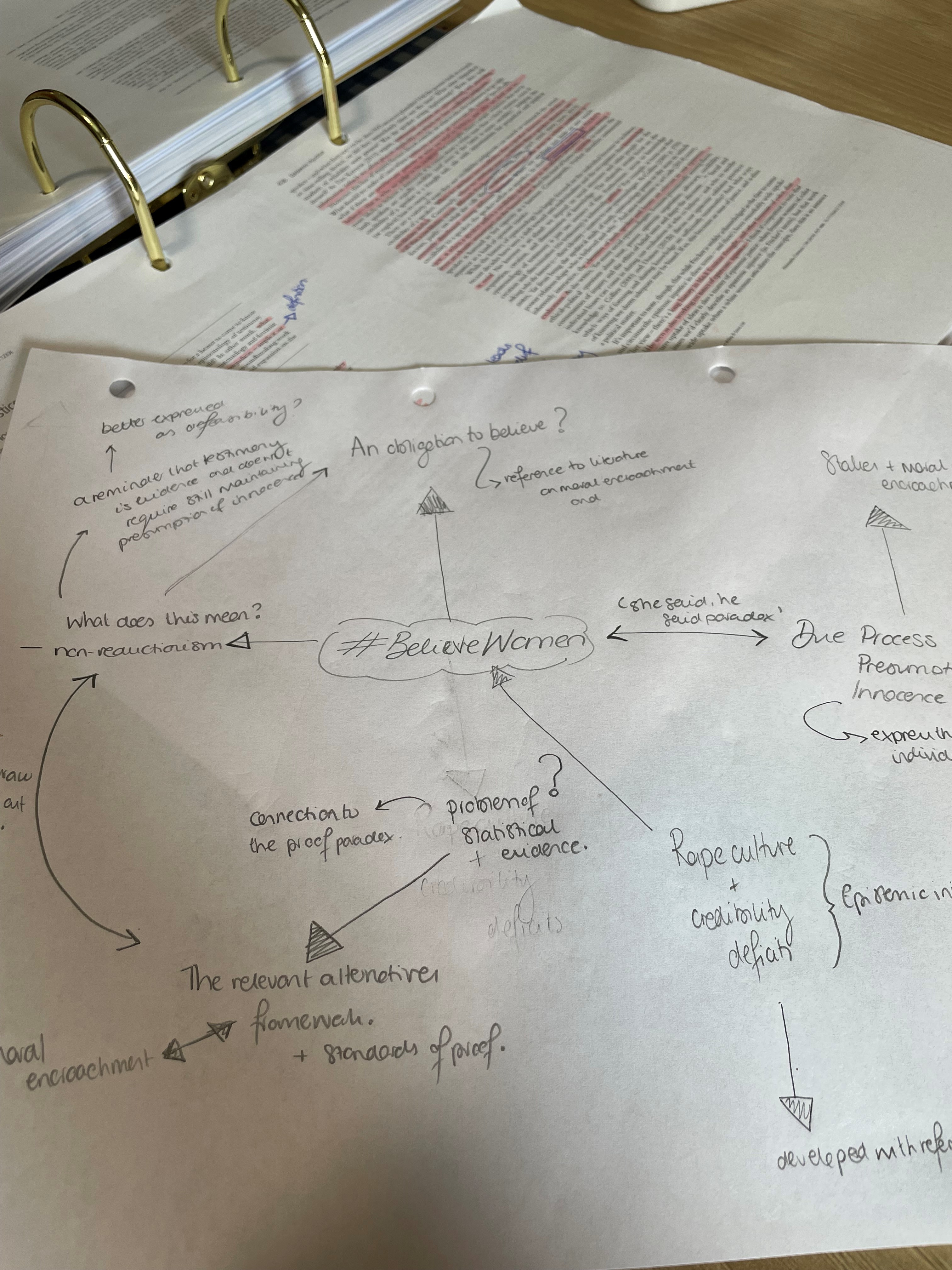
A picture of one diagram that I have made to build my argument
1. Does philosophy ever provide any answers?
I started my research from a problem. On the most basic level, I wanted to know what I should believe when I learn of someone’s experience of sexual assault. I wanted to know how we should balance our obligations to those who make accusations with some kind of “presumption of innocence” and due process before we believe someone committed sexual assault. It was a problem that I genuinely believed philosophy could help me answer, both in using its analytic rigour and in philosophers’ accounts of testimonial knowledge, epistemic injustice and more. Yet, my friends joke and laugh at me, thinking I was naïve in believing that philosophy would ever provide an answer to a question.
In one sense, I was right. Philosophy has given me a far deeper insight into what the problem that I am addressing is. It has helped me develop a framework for belief-formation that, I believe, can balance our competing obligations. This is something that could only have been achieved through philosophical investigation, and that, I will try to suggest, has significant political, ethical, and epistemological implications.
Yet, my conversation with Professor Goldberg made me realise that philosophy could not answer my questions alone. He threw me cases and asked me what my intuitions were. I realised that philosophy was not going to answer this. I must decide on my own most basic beliefs and principles. It has only been by forcing myself through what philosophers sometimes call “intuition pumps” that I have been able to provide myself with answers. These intuitive answers, combined with my philosophical framework, now form my thesis and argument.
2. Can we ever be satisfied by the answers that philosophy could provide?
One question that metaphilosophers often discuss is whether we can make progress in philosophy. Whilst I am not going to get into the detail of their arguments, my conversation with Professor Goldberg has given me a significant sense of humility. His research provides a major real-world challenge for my framework. There is a real sense in which my argument is unsatisfying – it cannot solve every problem.
Realising this leaves open the space for future research. More importantly, it has helped me to recognise that philosophy does not provide us with unchallengeable answers. It is a constantly evolving project. We find ourselves returning to the same age-old philosophical questions even as new ones emerge.
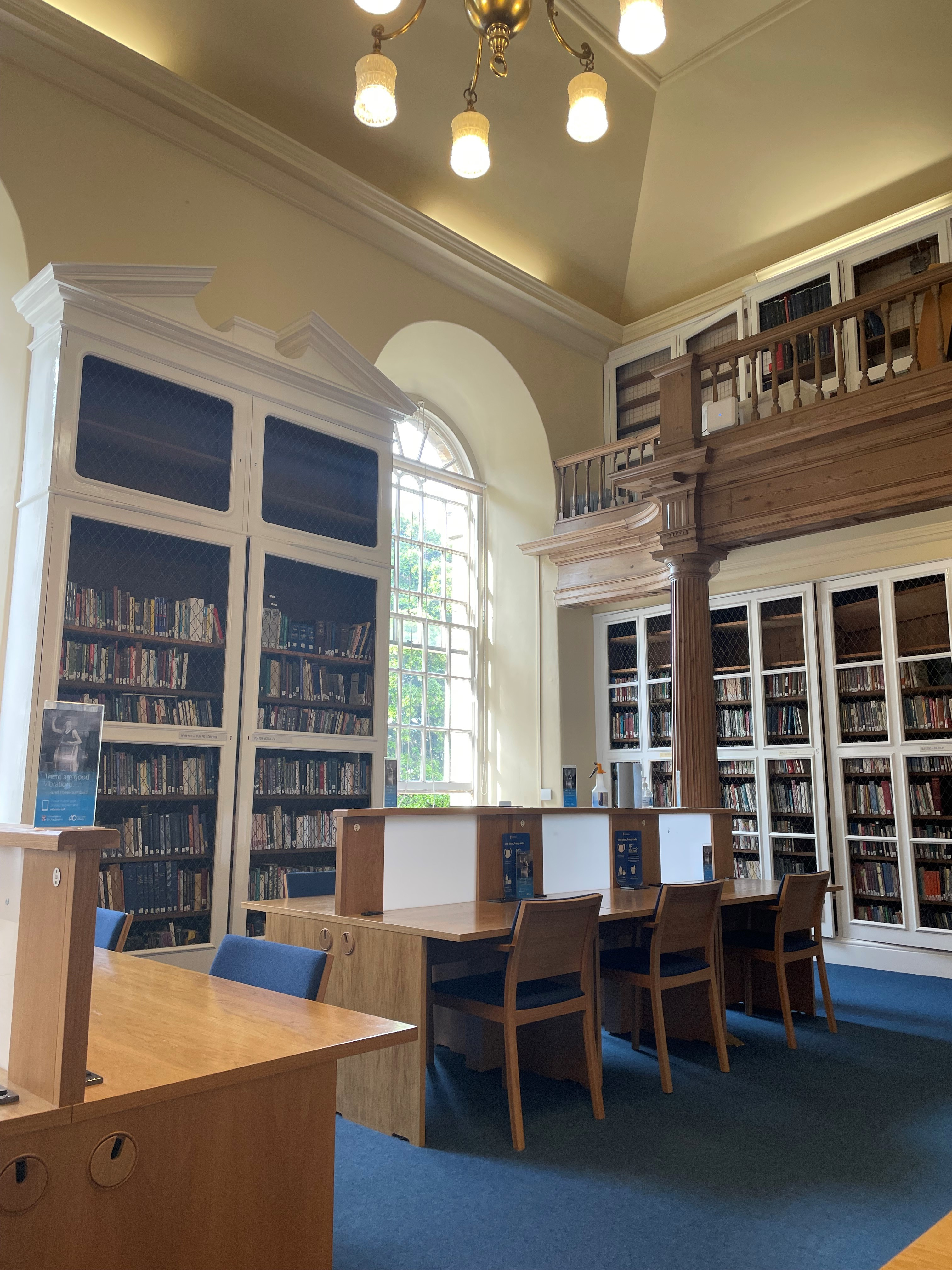
As a proud philosopher, these two realisations have shaken me. In one sense, they have weakened my belief that we can use philosophy to find solutions to the world’s problems. But, in another sense, I have learnt that the philosophical toolkit is a powerful companion to other disciplines and sources of knowledge. Philosophy may not tell us the answers to the world’s most pressing questions, but it will get us a lot closer, and that must be worthwhile.

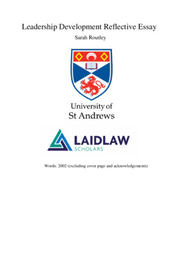
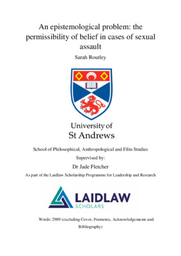
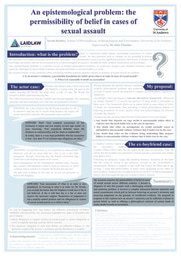
Please sign in
If you are a registered user on Laidlaw Scholars Network, please sign in